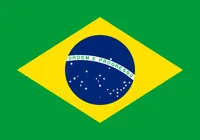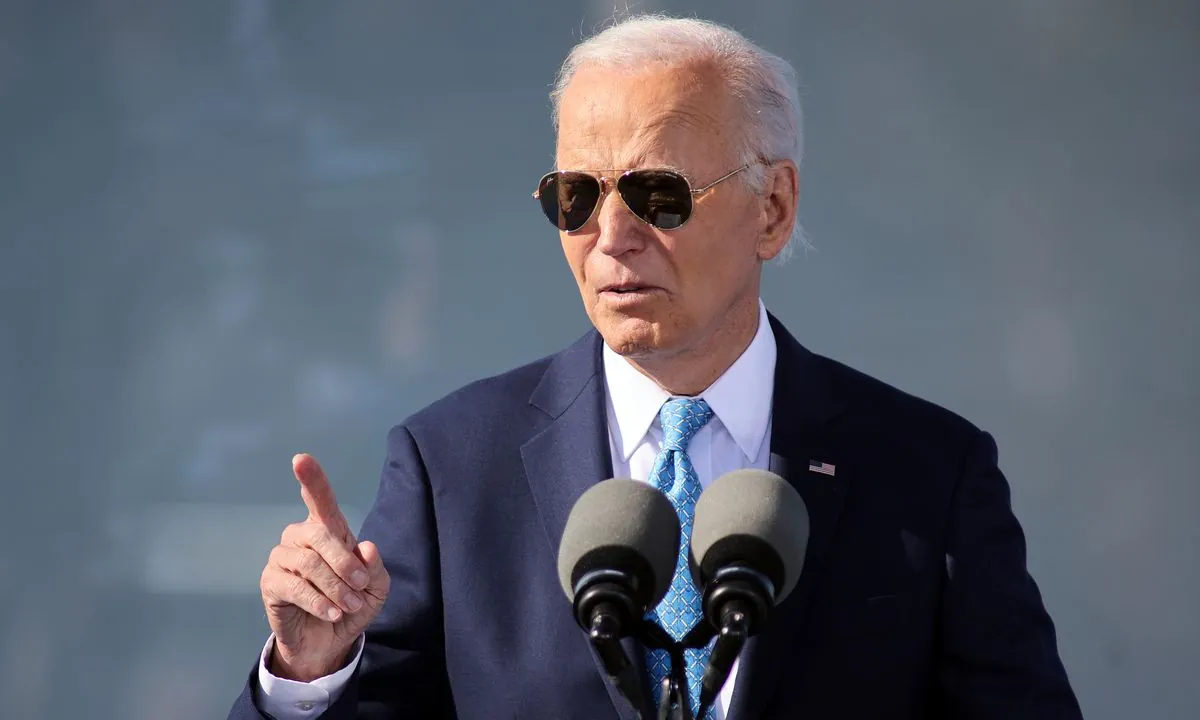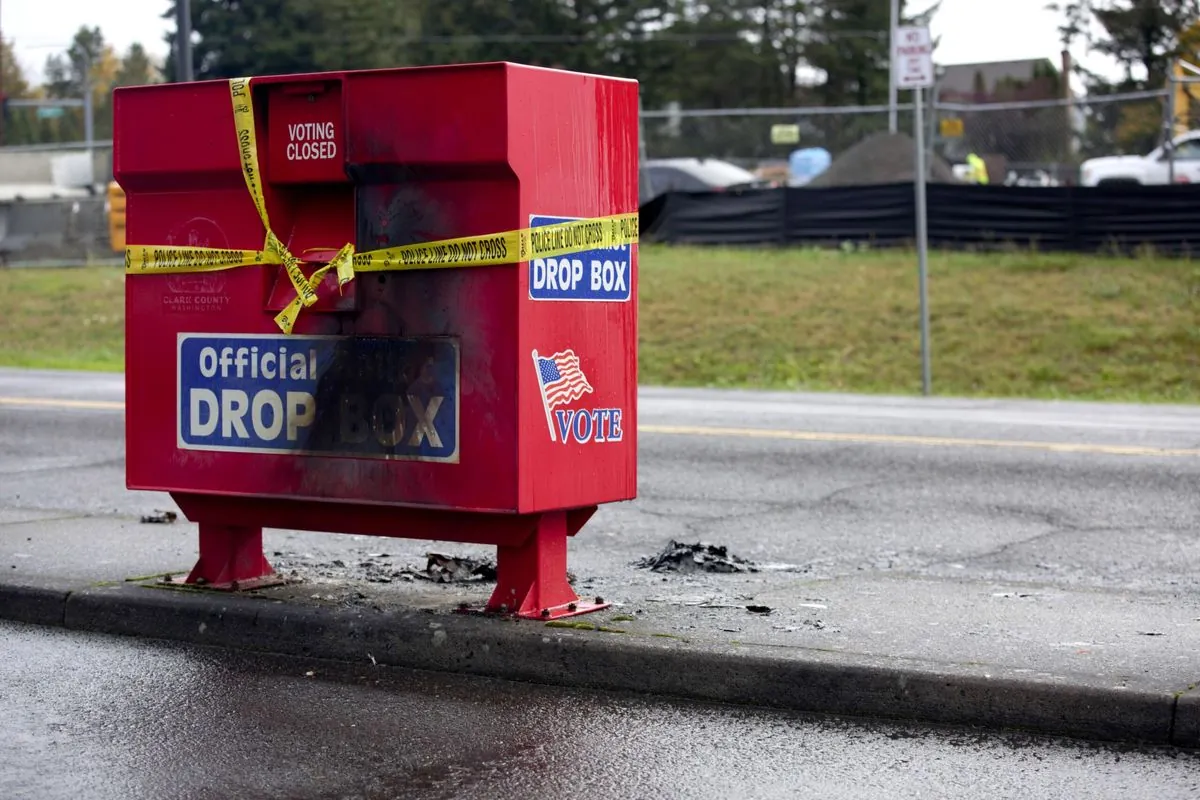Uganda Returns Congolese Police Officers Amid Ongoing M23 Conflict
Uganda has handed over nearly 100 Congolese police officers who fled fighting with M23 rebels. The ongoing conflict has displaced 1.7 million people in North Kivu, contributing to a record 7.2 million displaced Congolese.
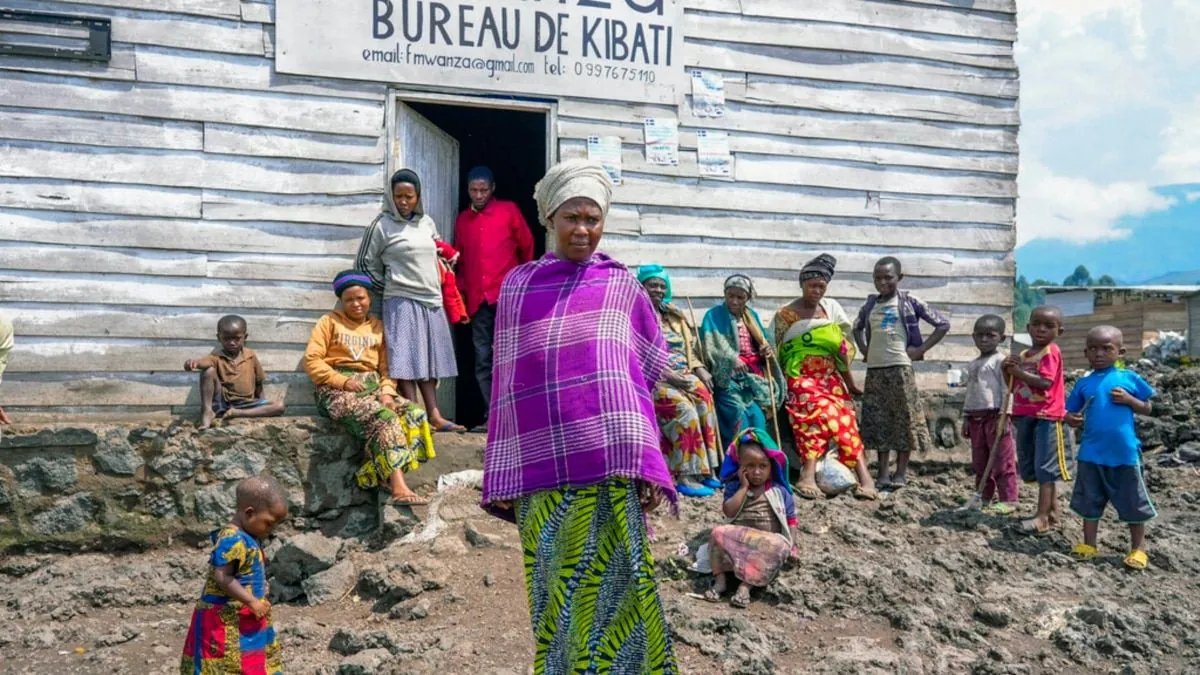
In a recent development, Ugandan authorities have returned almost 100 Congolese police officers to their home country. These officers had sought refuge in Uganda's southwestern Kanungu district, fleeing from the ongoing conflict between M23 rebels and the Congolese military.
Major Kiconco Tabaro, a Ugandan military spokesperson, confirmed that the officers were handed over along with their weapons, ammunition, and other arms. The transfer occurred after verifying the officers' national identities, adhering to international law and humanitarian principles.
The M23 rebellion, which began in 2012, has been a source of instability in eastern Democratic Republic of Congo (DRC) since 2022. The group, primarily composed of ethnic Tutsis, has made significant territorial gains, including the strategic town of Kanyabayonga in June. This town, situated at an elevation of about 1,700 meters, serves as a gateway to other parts of North Kivu province.
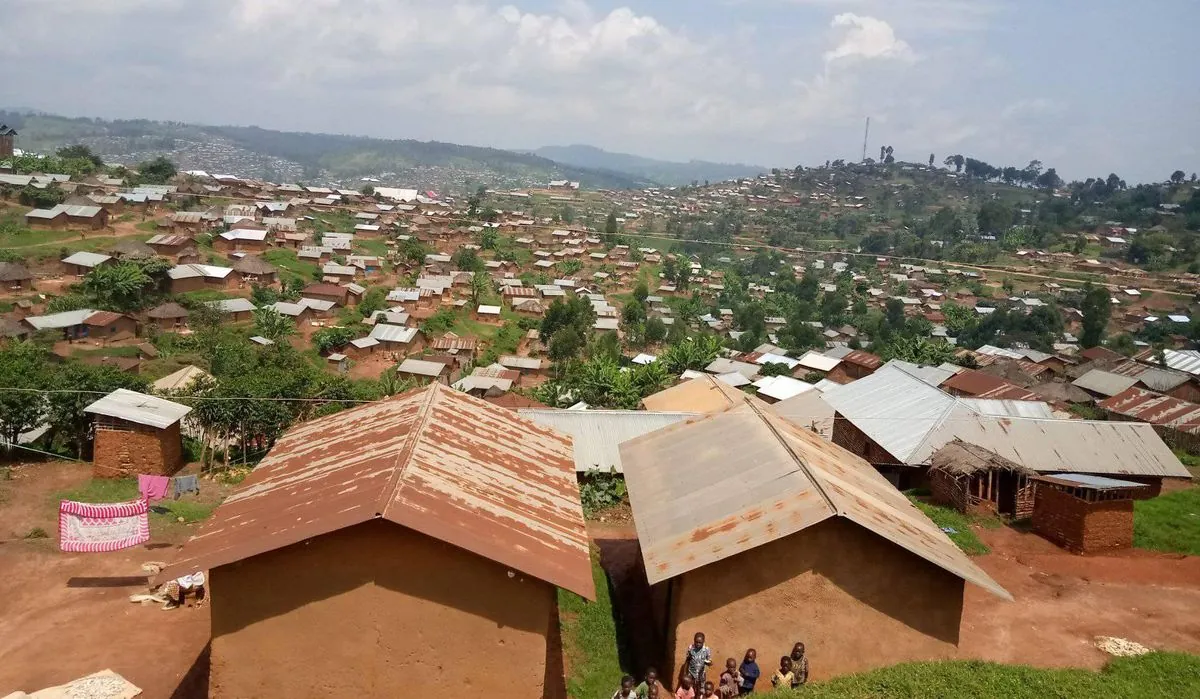
Despite intensified efforts by the Congolese military over the past year, including the use of drones and aircraft, the rebels have continued to expand their control. This ongoing violence has led to a severe humanitarian crisis, with more than 1.7 million people displaced from North Kivu alone.
The conflict's impact extends beyond immediate security concerns:
- It has contributed to a record 7.2 million internally displaced persons in the DRC.
- The region's rich natural resources, including cobalt and copper, are at risk.
- Conservation efforts for mountain gorillas in North Kivu are threatened.
The United Nations, which has maintained a peacekeeping mission in the DRC since 1999, faces significant challenges in addressing this complex situation. The African Union has also been involved in mediation efforts, highlighting the regional implications of the conflict.
"The displacement crisis in the DRC is one of the largest and most complex in the world, requiring urgent international attention and support."
As refugees continue to cross the 765-kilometer border between Uganda and the DRC, the situation remains volatile. The International Criminal Court's involvement in prosecuting war crimes related to this conflict underscores its severity and the need for a comprehensive solution to bring stability to the region.



















